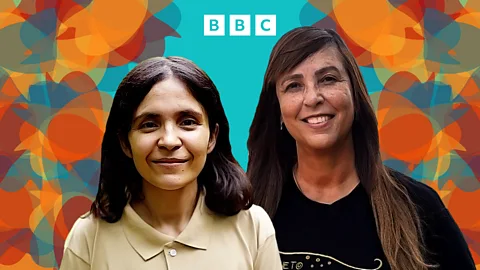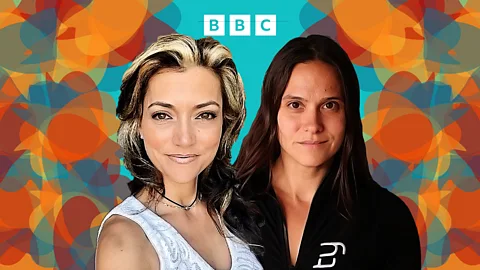
The Conversation
The Conversation
Crime, children and custody
May 26, 2025
26 minutes
Available for over a year
What happens when children break the law - and how does juvenile punishment vary across countries? Ella Al-Shamahi speaks with two women from the Netherlands and Finland about what’s working, what isn’t and what needs to change to better young people in the justice system.
Marlen Salonen from Finland used to be a personal trainer but two years ago became a prison officer at Vantaa Prison in Finland, a remand facility for male prisoners awaiting trial or sentencing. She works on the juvenile ward ing boys held in custody.
Fleur Souverein is a psychologist from the Netherlands. She currently works as a senior researcher at the Academic Collaborative Centre for Youth at Risk and as a postdoctoral researcher at Erasmus University Rotterdam. Her research focuses on youth delinquency - particularly organized crime - youth justice institutions, restorative justice and the impact of inequality and institutional racism within the justice system.
Produced by Emily Naylor
(Image: (L) Marlen Salonen courtesy Marlen Salonen. (R) Fleur Souverein courtesy Fleur Souverein.)


